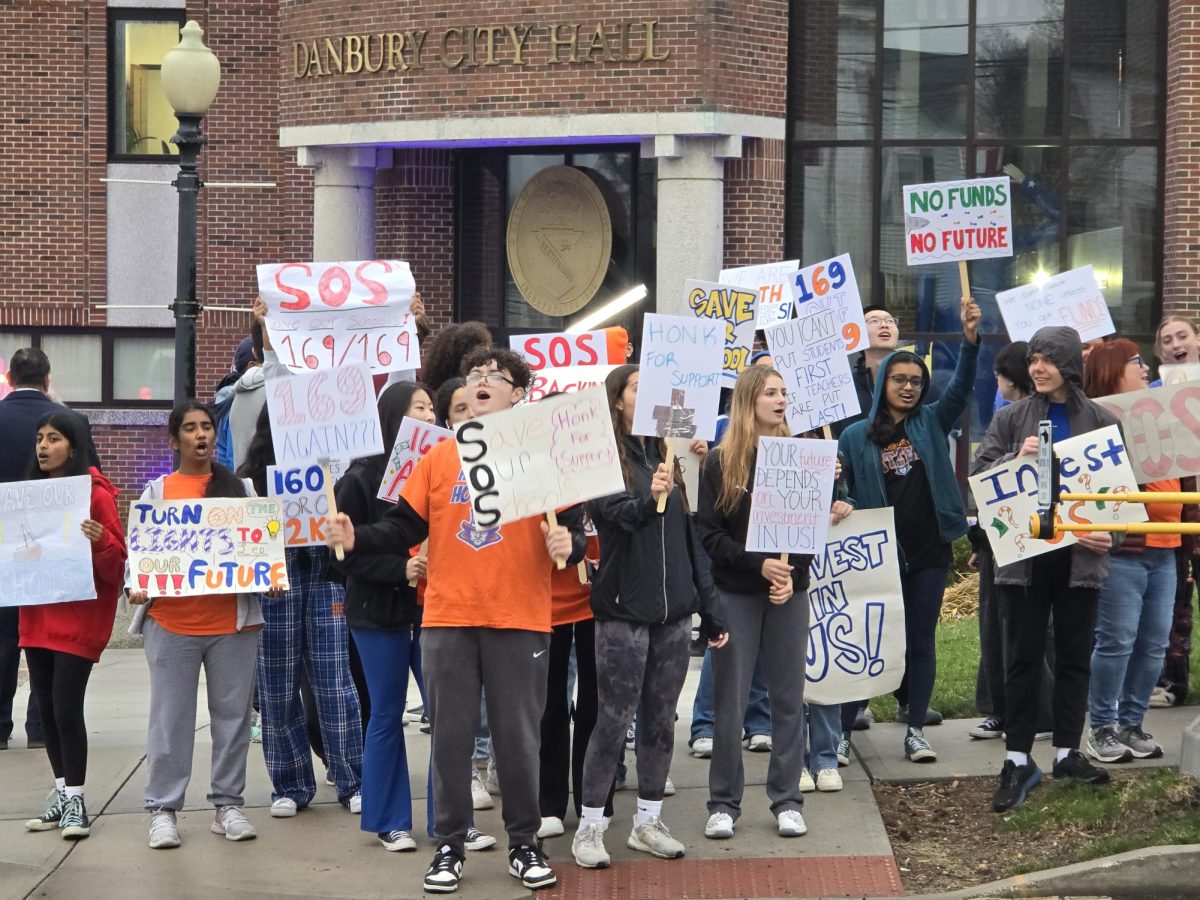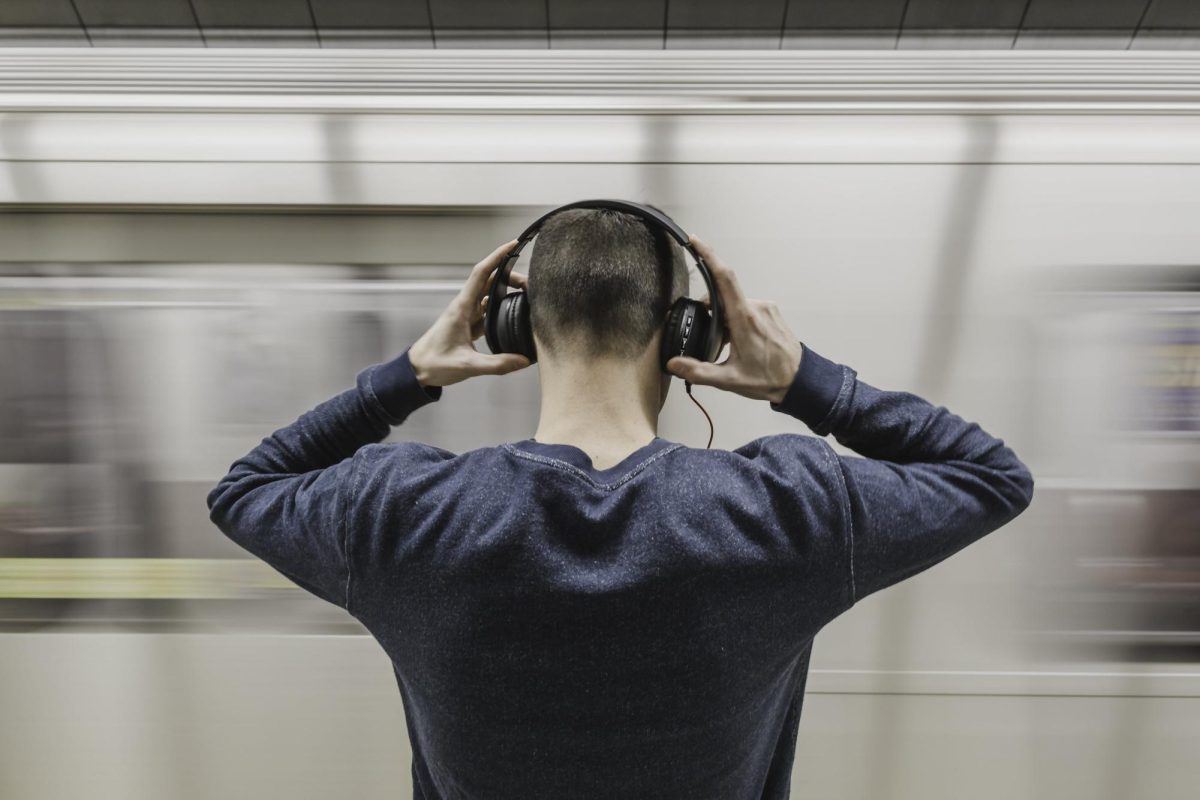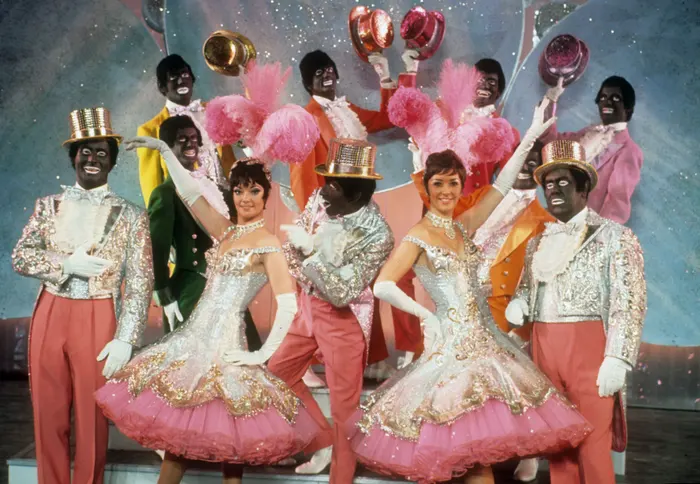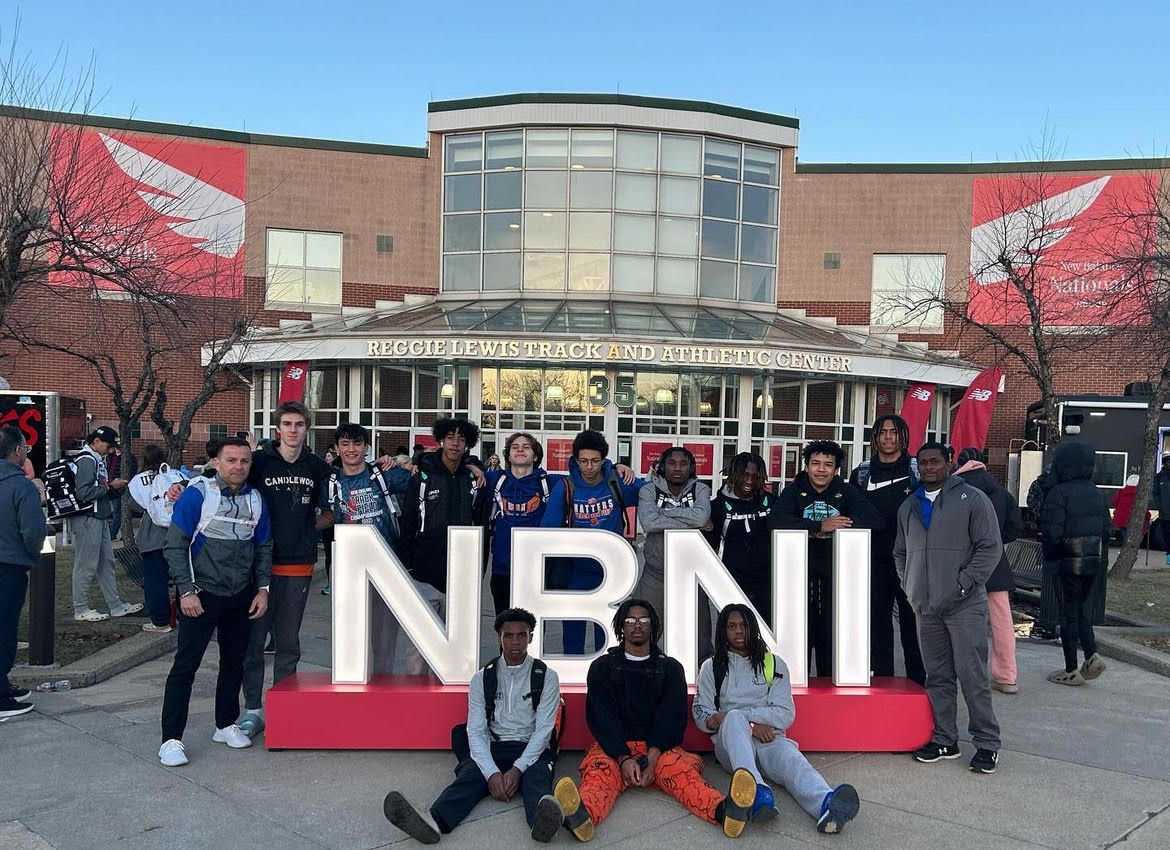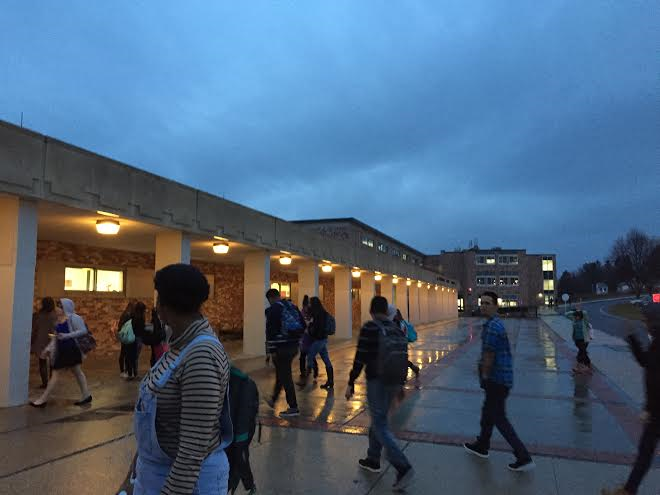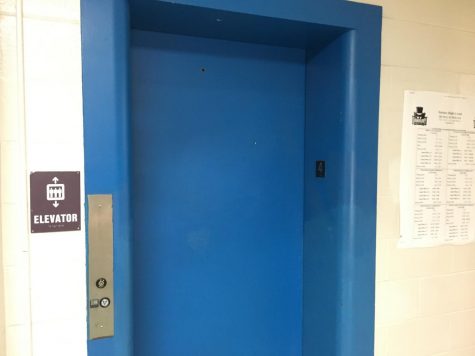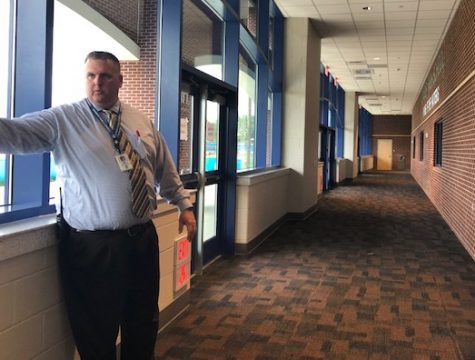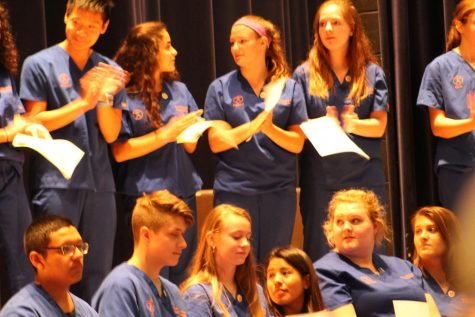Studies show teens work better at later hour
Teacher: ‘Good morning; how are you?’ Every DHS student: ‘Tired!’
December 22, 2015
After a long day at school, how much sleep do you get at night?
Do you find it hard to concentrate during class?
Feeling drained, being unable to concentrate and agonizing headaches are all factors of lack of sleep.
Many teens go to sleep at a later hour than they should because they are dedicated to extra-curricular activities, have impossible homework loads, or have to go to work on top of school.
However, the reason why fatigue takes its toll is not solely because of overbearing homework and after-school activities; it is also because of an early 7:20 start time that makes most of us have to wake up before dawn.
Around school many of us get less than eight hours of sleep, which is what we as teenagers should be getting.
According to a CNN report, the “American Academy of Pediatrics policy statement recommends that schools start no earlier than 8:30 a.m. Only 14 percent of public high schools currently meet this guideline, according to the National Center for Education Statistics.”
And with a 7:20 start time, we definitely do not meet this guideline.
After surveying a sample of DHS students, only one-fifth got the recommended eight hours of sleep each night.
Also, a large number — 91 percent — get up before dawn, with 41 percent of those getting up at 5 a.m. or before to get to school.
Many students disagree with our current start time, and suggested more reasonable ones.
Taj Ahmed, a junior, says “I would say 9 would be better for everyone because right now, by the time our buses come at 6 something, we have to wake up at around 5.”
Tyler Simone, junior, suggested that an extra half hour to an hour would suffice.
Simone also agreed that schools should not start earlier than 8:30 because “We are not up at that time (7:20). From AP Psych, I know that especially for teenagers we’re here (physically) but we’re not here (mentally).”
But could it be argued that an early start time prepares us for working and college life?
According to the American Community Survey, the median work start time for the United States is 7:55 — still over half an hour later than the time we start.
Alexandra Charles, sophomore, says,“It depends on what you do because some people can pick and choose their hours, so they don’t always have to get up early in the morning, and with college you don’t always have to take classes in the morning.”
Julianna Carney, a sophomore, said getting up so early makes it hard to concentrate.
“It’s hard to manage my time and that makes me less prepared for college because I’m not doing as well as I could in my work,” Carney said.
Even though a later start time would bring joy to most of us, it could actually create a problem for student athletes.
With just enough time to get in two hours of practice, pushing the time forward would also limit their time after school.
Carney, who runs cross-country and track, says, “It would only be bad because sports would run later and in the winter it would be darker when we got out of school.”
Simone says, “With school being later everything would change. Sports would have to be at a certain time and it would cause imbalance, but it definitely does more good than harm.”
On a final note, it is clear that we have to come in early because parents also have to get to work on time, and not everyone can take the bus to get here.
Charles says, “Some people have their parents drive them and even on two-hour delays, if parents had to go to work they can’t drive you. And it’s hard to walk to school because there are no sidewalks.”
This would be the case for many that do not commute by bus, even if the time was changed to 8:30.
It would also be challenging to rearrange the buses to suit the needs of elementary, middle and high school kids from other schools, if the time did change.
But even so, a 8:30 start would be far more beneficial than what we have now.
And if other urban districts can do it, why can’t we?

